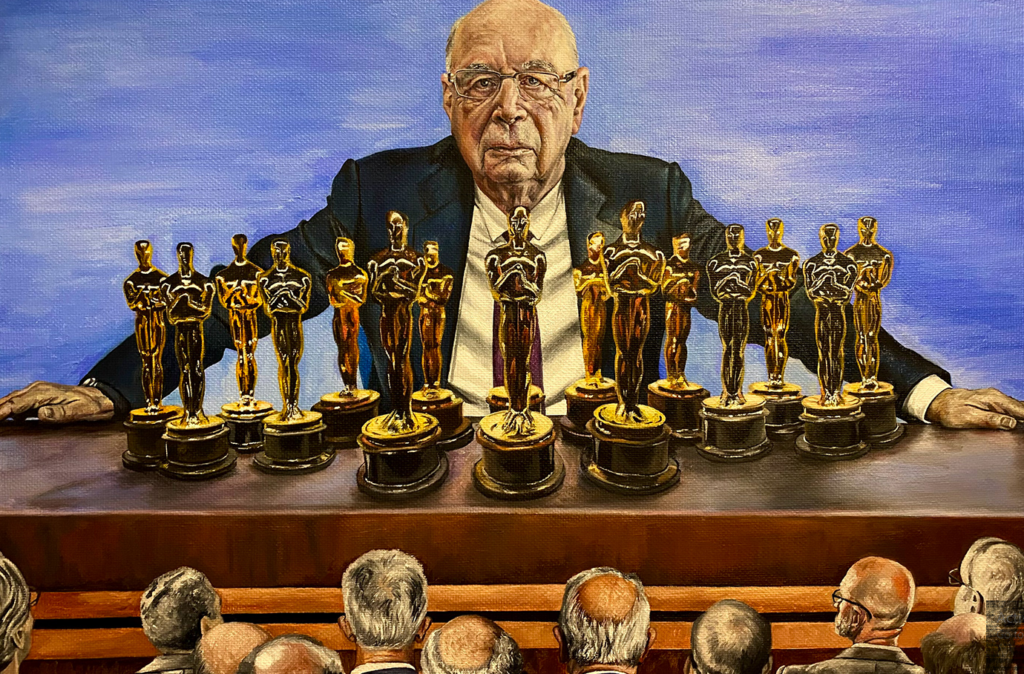Klaus Schwab, the founder of the World Economic Forum (WEF), has announced plans to step down as chair. His departure comes after growing criticism of the organization’s influence, lack of transparency, and recent workplace discrimination allegations. For decades, Schwab positioned WEF as a global powerbroker, but many see it as an elitist club that serves the interests of the wealthy.

A Forum for the Few, Not the Many
Since its creation in 1971, WEF has marketed itself as a platform for solving global problems. In reality, it has been little more than a gathering place for billionaires, politicians, and corporate executives. The annual Davos conference, known for its lavish meetings and secretive discussions, has become a symbol of global elitism.
While world leaders talk about economic growth and sustainability at Davos, ordinary people see few real benefits. WEF’s policies often push globalist ideals that weaken national sovereignty and favor multinational corporations. Many critics argue that Schwab and his organization promote an agenda that benefits the ultra-rich while ignoring the struggles of everyday workers.
Scandals and Hypocrisy
Schwab’s departure follows an internal investigation into workplace discrimination at WEF. The organization, which frequently lectures others about fairness and inclusion, now faces accusations of failing to uphold these values itself. Reports suggest a toxic work environment and a culture of favoritism.
Despite WEF’s supposed commitment to addressing climate change, its events are attended by elites who arrive in private jets. The hypocrisy is glaring—while Schwab and his allies call for drastic lifestyle changes to combat climate issues, they continue their extravagant lifestyles.
The Decline of WEF’s Influence
Schwab’s resignation signals deeper problems within WEF. The organization’s relevance is being questioned as people lose trust in its motives. Many now see it as an outdated institution that promotes top-down control instead of real solutions.

The rise of populist movements around the world has further weakened WEF’s influence. More countries are rejecting globalist policies that undermine national economies and local industries. The idea that a small group of elites should dictate how the world operates is increasingly unpopular.
What’s Next?
Schwab has not set a clear timeline for his exit, nor has WEF announced his replacement. The organization claims it is financially stable, but its credibility is in decline. Without its long-time leader, WEF may struggle to maintain its grip on global policy discussions.
Schwab’s departure marks the end of an era—one built on exclusivity, control, and corporate influence. Whether WEF can adapt or whether it will fade into irrelevance remains to be seen. Either way, fewer people are willing to accept the idea that a group of unelected elites should shape the future of the world.
Our Visitor






 Users Today : 166
Users Today : 166


